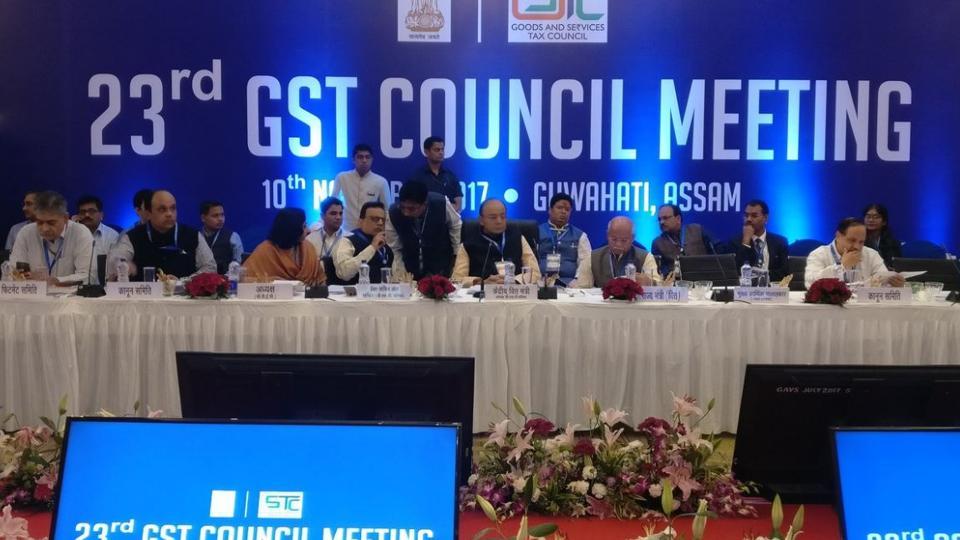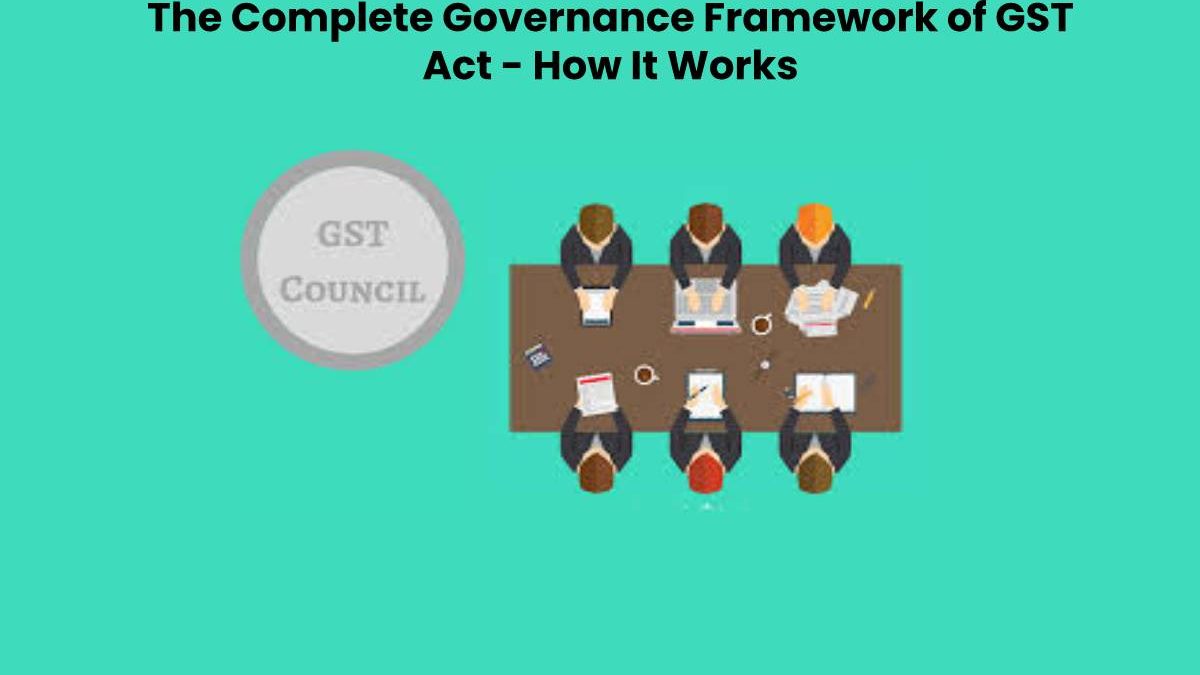GST, Goods and Service Tax, this has turned the taxation laws upside down in the country. With the introduction of this Act, all the other indirect tax laws stood repealed. GST Act became the one central law with a GST council 33 members governing GST. This GST council is what monitors the complete framework of the law. Every change, every amendment is suggested by this council, and it has important functions to play in the Act.
The GST council can be called the complete governance framework of the GST law, and all the functions it performs have the utmost importance for the development of the Act.
Table of Contents
What is GST Council
The GST council is a group of 33 people appointed by the Government to govern the law relating to GST. This council works for the development, advancement, and management of the GST Act. It ensures that the taxpayers and other authorities are complying with the Act and performs every function that is necessary in respect of the Act.
The Composition of GST Council
The council is headed by a chairperson who is the Union Finance Minister of the country. The Union Minister of State is a member of the council who takes charge as the revenue of finance. The other 31 members of the council are the ministers nominated by the State Government. Most of the nominated ministers are the minister in charge of finance of the particular state whose Government has nominated him/her.
Why Was This Council Made?
GST is a vast law. There are many compliances to be made under this law, and all these compliances need a check. There is a need to approve registrations, give certificates, decide rates, make amends, and a lot more. So, the Government realized that it must have something that could take care of all these aspects of the law. This need gave rise to this GST council of 33 members. These 33 members of the council form the building block on which the whole Act stands since the complete governance of the law depends upon how this council functions.
Functions of GST Council
The council must perform the following duties for the proper governance of the Act.
- Recommendations regarding the ActThe council has a duty to look into every aspect of the Act, find out areas of lacunae and improvements. It should actively point out the faults and make recommendations to the Government to make amends to the Act. It also has a duty to recommend on other aspects of the Act, such as tax rates, threshold limits, place of supply, etc. This council shall recommend even the special rates that would be applicable in certain states and on the occasion of calamities or disasters.
- Council Meetings The council shall hold a meeting to make important discussions about the Act and discuss the further plan of action. The meetings that take place have to follow certain rules. These are the rules of the meeting. No meeting can happen unless at least 50% of the members of the council are present at the meeting.A resolution or proposal put before the council is considered as a valid proposal and passed only if at least 75% of the votes cast by the council members are in the assent of the resolution. However, the concept is not of one person one vote. A particular weight-age is given to the votes. After this, the percentage of votes in favor and votes against the resolution are calculated.The vote of the central Government has 33.33% weight-age of the votes cast, and the rest 66.67% weight-age goes to the votes of members of the state government.In case there is a default in following this procedure, or there is a defect in a council due to a vacancy, the complete council meeting shall stand invalid, and you will have to hold a separate meeting for discussing the same resolutions you have passed earlier. So, you need to make sure that you are following all the specified rules while conducting the meeting.
Powers of the Council
The council gets its powers from the central Government. The council has the power and responsibility of deciding the rates of GST as well as the special rates. It also has the power to approve or reject the registration and issue a GST certificate for download. The council also decides the exemptions that must be given to the taxpayers. It decides even the threshold limits for such exemptions.

The council has also suggested for an online platform for the Act, which will serve as an online portal. Through this portal, one can perform many functions such as registration, payments, return filings, and GST certificate download. This has been a great advancement in GST. The GST council 33member governing GST is a complete backbone of the law and just what the Act needed to make it work smoothly.

